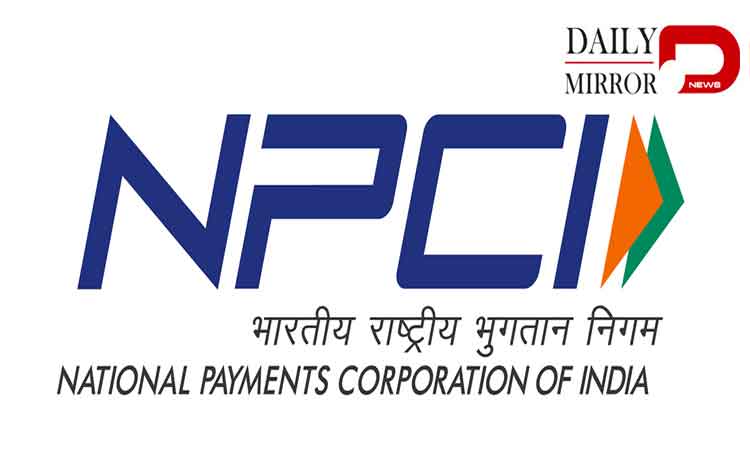
Dailymirror.news,March 7th, 2025:Investment fraud is one of the most deceptive financial crimes, often driven by social engineering tactics that manipulate human psychology. Fraudsters build trust by posing as financial experts, fabricating endorsements from reputable organizations, or even using fake videos featuring social media influencers. They lure individuals with promises of extraordinary returns, exclusive investment opportunities, or time-sensitive deals, pushing them to invest without proper verification. Once funds are transferred, scammers either disappear or continue extracting money until the victim realizes the fraud. As scams evolve with technological advancements, awareness remains the strongest defense against these deceptive tactics.
Read this also…Muthoot Microfin Secures e-KYC License for Seamless Digital Onboarding
Read this also…Galaxy Health Insurance Enhances Product Portfolio with ‘Galaxy Top-up’
Read this also…HDFC Bank Signs MoU with Indian Air Force & CSC Academy to Launch Project HAKK
Common Types of Investment Scams
Fake Trading Platforms & Apps: Fraudsters create counterfeit investment apps or websites that mimic legitimate brokers, fund houses, or stock exchanges. Victims are initially shown fake profits to build trust. Once they invest significant amounts, they are unable to withdraw funds.
Discounted Stock Offers: Scammers promote little-known, low-volume stocks and promise exclusive access at heavily discounted prices. Instead of directing funds to legitimate exchanges or brokerage houses, they ask victims to transfer money to personal accounts—clear signs of fraudulent intent.
Fake Job Scams: Fraudsters pose as recruiters, requesting candidates to submit documents or write-ups. To establish legitimacy, they ask for small upfront payments, later tricking victims into paying increasingly higher commissions before realizing the scam.

Ponzi & Pyramid Schemes: These scams promise high returns but rely on money from new investors to pay earlier ones instead of generating actual profits. They collapse when new investments stop coming in.
How to Protect Yourself from Investment Scams
Verify Before Investing – Always check SEBI, RBI, or other regulatory websites to confirm a firm’s legitimacy.
Be Skeptical of Unrealistic Returns – If an offer sounds too good to be true, it probably is.
Avoid Pressure Tactics – Genuine investment opportunities don’t require immediate action.
Check Website & Email Authenticity – Look for HTTPS, official domain names, and avoid clicking on suspicious links.
Never Share Personal or Banking Details – Fraudsters exploit these details for financial manipulation.
ఇది కూడా చదవండి…జాన్వీ కపూర్ పుట్టినరోజు సందర్భంగా RC16 టీమ్ నుంచి ప్రత్యేక పోస్ట్ర్ విడుదల!
Read this also…Janhvi Kapoor Celebrates Birthday with a BTS Moment from the Sets of RC16!
Read this also…‘Rewind’ Stars Sai Ronak & Amrutha Chowdary Reflect on Their Journey & Experience in the Film
Staying informed and cautious is the best way to safeguard against investment fraud. Always research before investing and avoid unsolicited offers. If you suspect fraud, report it immediately by dialing 1930 (national cybercrime helpline) or through the Department of Telecommunications’ portal (Sanchar Saathi). Save messages, take screenshots, and document interactions as evidence.







